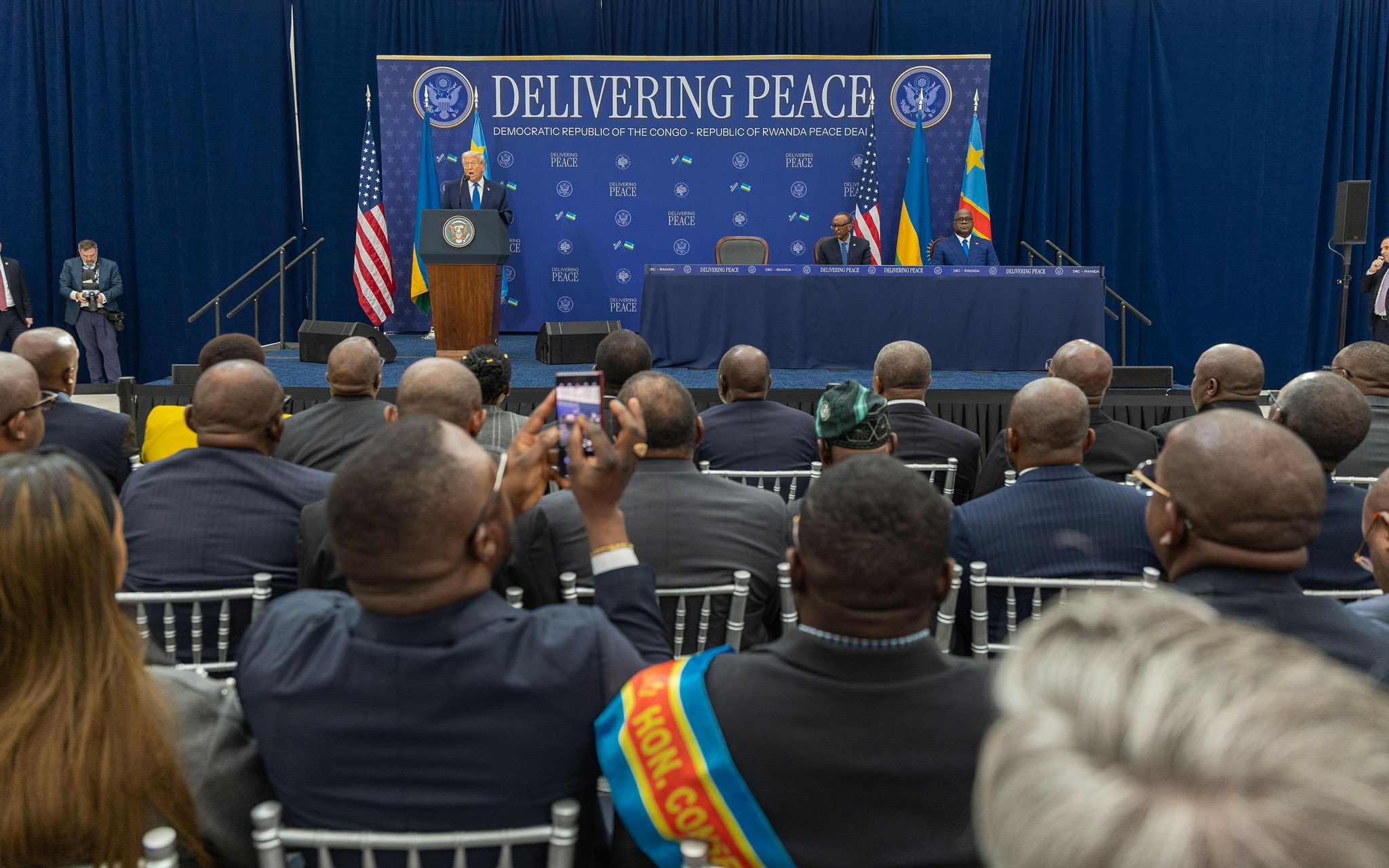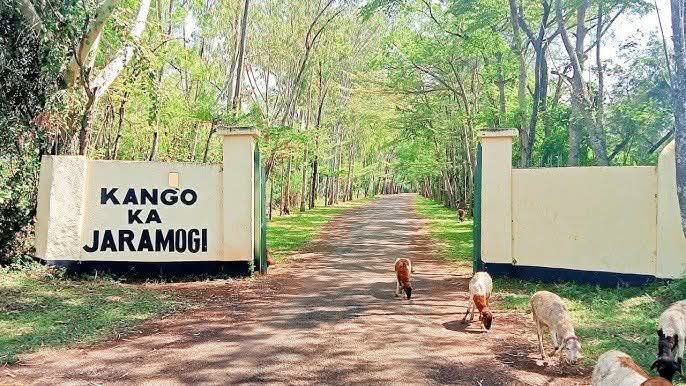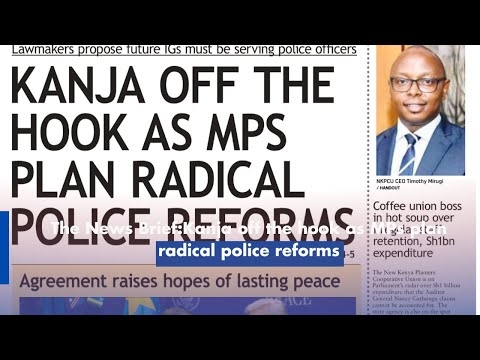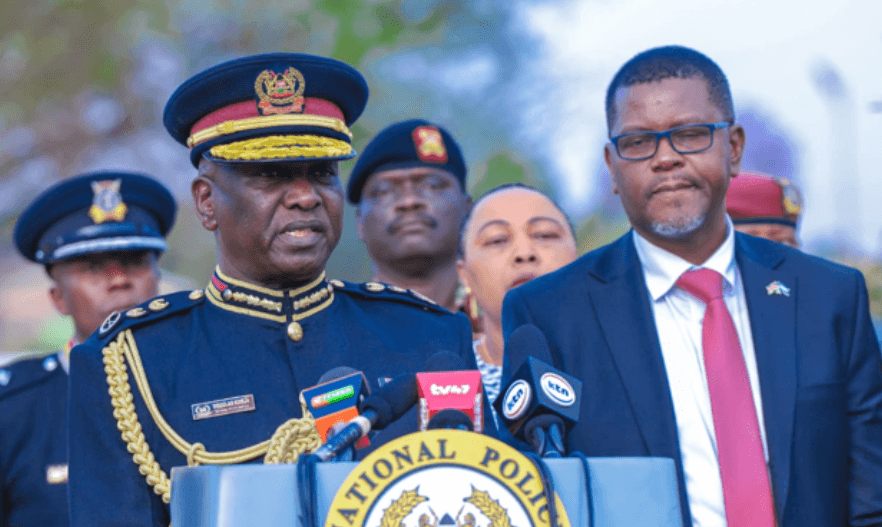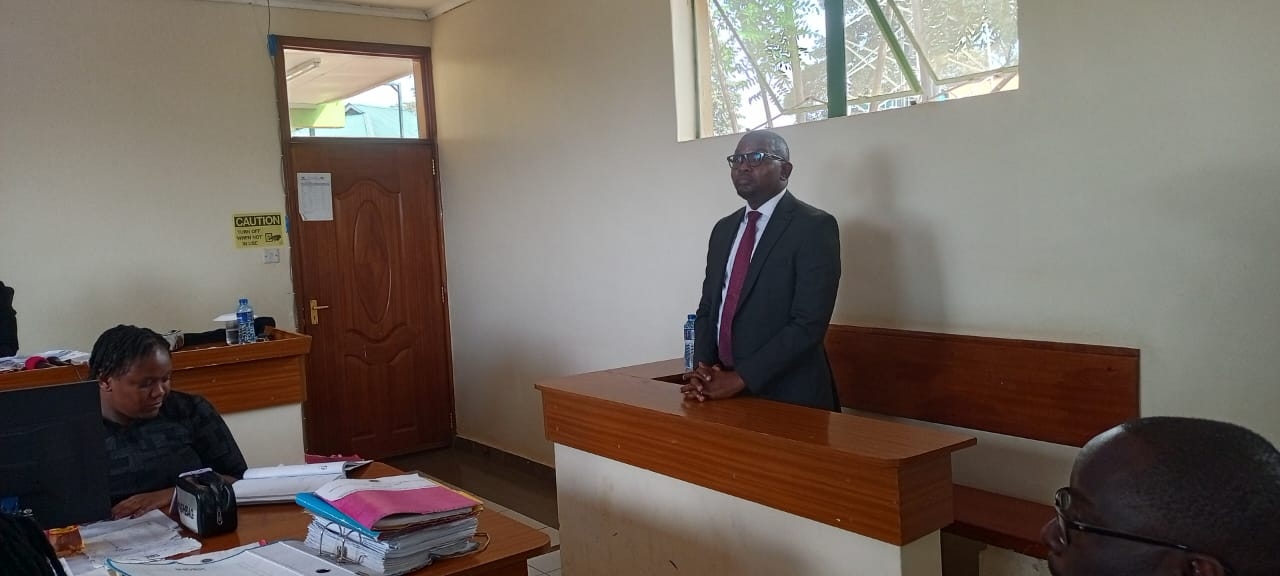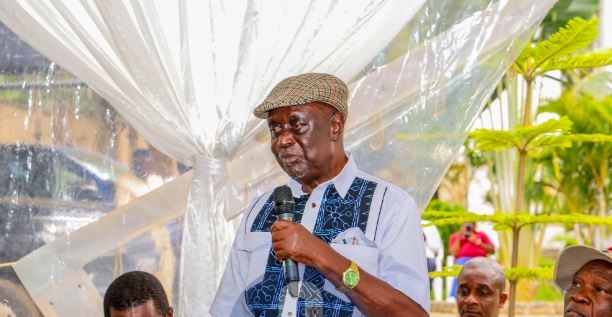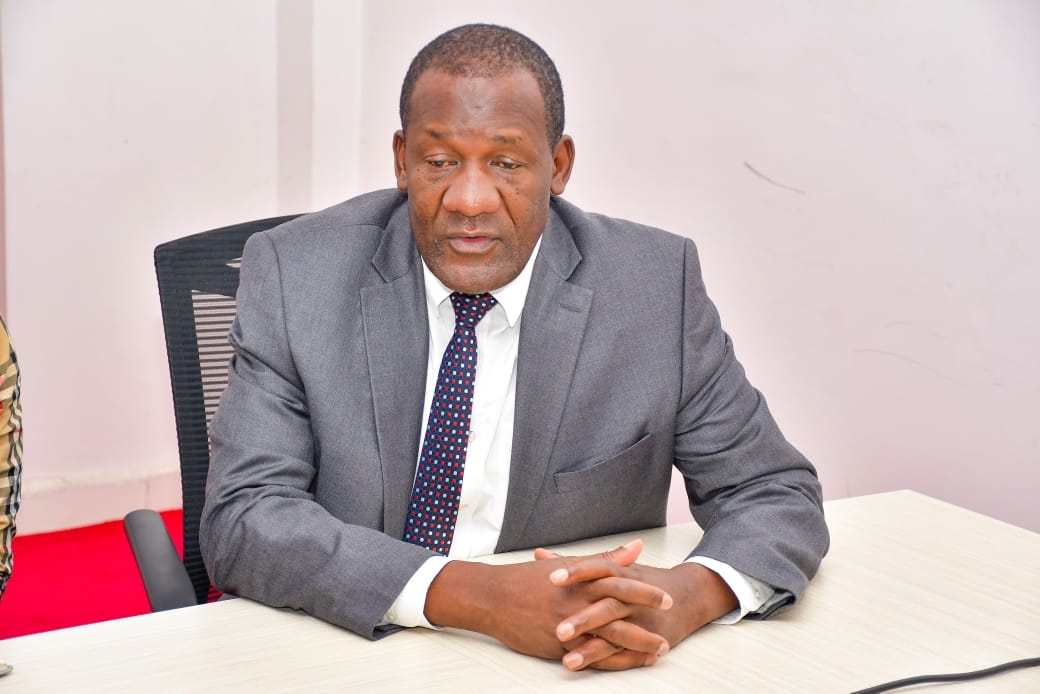Parliament on Thursday defended the social health insurance act saying no evidence has been tabled in court to prove there was no public participation before the Act was made law.
It told a three-judge bench hearing the case that the petitioner-Enock Aura has not proved claims of any entity being precluded from participating in the public participation exercise either in Kiswahili or another language.
Aura filed the case in court last year saying the Social Health Insurance Act, Primary Health Act and Digital Health Act are unconstitutional.
Through his advocate Harrison Kinyanjui, Aura said the bills were never subjected to effective and mandatory public participation as no form of participation was conducted in the Kiswahili language.
The Kiswahili aspect caught the attention of the bench Thursday with the presiding Judge Alfred Mabeya posing a question to the National Assembly;
"Would it be important that parliament probably communicates in the Swahili language on memorandums being issued?"
He then proceeded to state that in future, Parliament must take it into account because the majority may not have understood what was going on.
Even as he made these remarks, Parliament asked the court to dismiss the case filed by Aura.
It provided a newspaper cutting dated 15 & 16 September last year which indicated thatcCopies of the bill were available on the parliamentary website.
The National Assembly asked the court to note that they wrote letters to various stakeholders in addition to the newspaper notice.
The notice they said informed the public on various methods they could submit their comments inclusive of their email platforms dedicated to receiving such comments.
“The National Assembly conducted a public participation exercise. It was meaningful, effective and reasonable. Petitioner said we failed to take into account views submitted during public participation. This is not true. Our analysis of stakeholder’s submissions shows otherwise. We accepted some views and rejected some,” the court heard.
Their arguments on public participation were supported by CS Health Susan Nakhumicha and the Attorney General who are listed as respondents in the case.
Health CS Susan Nakhumicha told Justices Alfred Mabeya, Freda Mugambi and Robert Limo that the public engagements were robust.
“Comments and memoranda received were considered and informed the drafting of the respective bills,” she said through senior counsel Fred Ngatia.
She produced various documents to prove the extensive engagements she had with stakeholders in the health sector, regulatory agencies, council of governors, trade unions etc.
She said they wrote letters to different stakeholders inviting them to physical meetings so that they could submit their comments, input and memoranda.
Some of the stakeholders she mentioned are the Kenya Union of Journalists, Kenyatta National Hospital, Federation of Kenya Employees, Kenya Conference of Catholic Bishops, Kenya Editors Guild, Amnesty International Muslims for Human Rights, Hindu Council of Churches of Kenya, Kenya Association of private hospitals, Kenya Cancer Institute, Rural Private Hospitals Associations of Kenya among others.
In closing, the CS denied claims that only a day was reserved for public participation.
The Dentists Council on the other hand told the bench that“We are a key stakeholder. We were duly consulted by MOH. Our recommendations were taken into consideration. Some of the recommendations were voted to be implemented in the act”.
The Attorney General as represented by Chief State Counsel Emmanuel Bitta dismissed an argument advanced by Aura that it was wrong to assign healthcare in the hands of community health promoters because they do not have any training regarding the medical field.
Bitta took the court through the Primary Healthcare Act which states that for one to be such they must be trained.
Their hiring, he said, is a county government function, appointed by the county public service board.
The court heard that the Act also defines the roles of the promoters.
“It requires them to be trained at least once a year. They also can't mishandle data as the rules command them to adhere to the Data Protection Act. Petitioner's case is not founded in law,” said Bitta.
Judgement will be delivered on notice.



